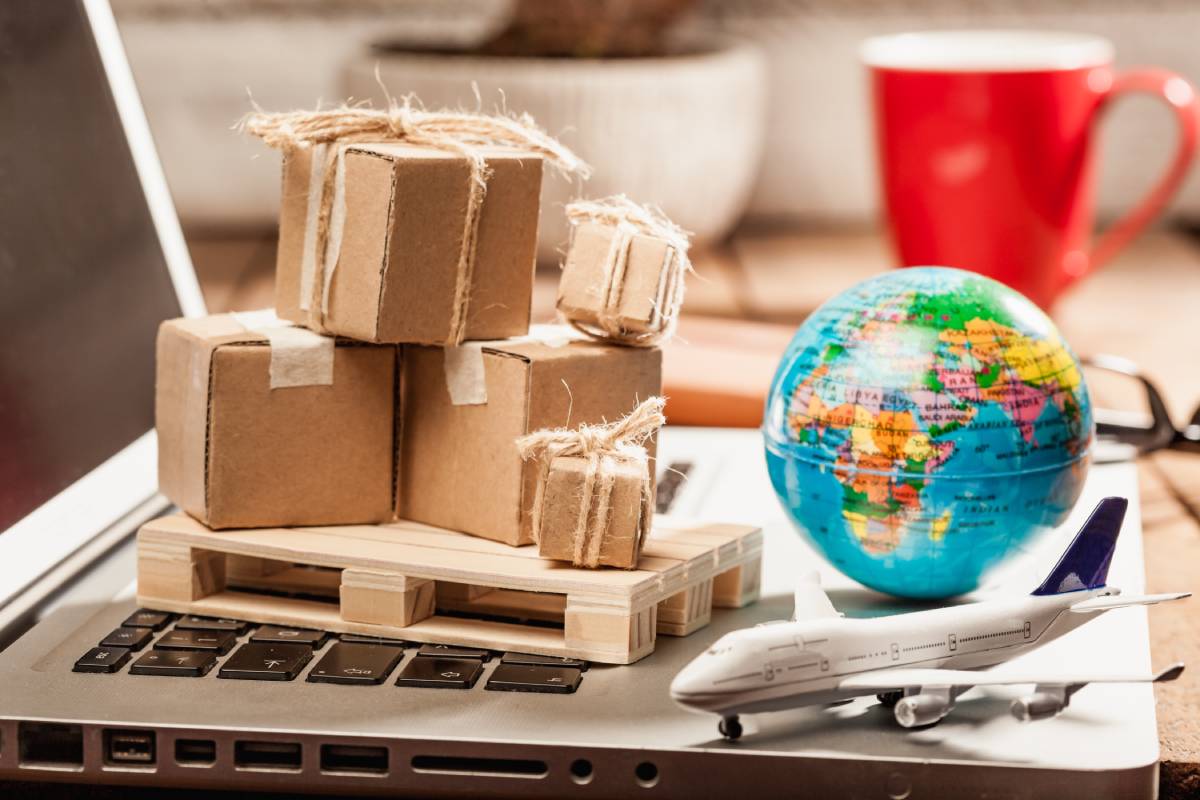Global Reach with Local Support
We recognise that international shipping can be a complex process. Let us assist you in navigating it, ensuring a seamless and enjoyable experience.

In the intricate world of global freight forwarding, clear and consistent communication is the bedrock of efficient operations. The term INTERCHANGE, while seemingly straightforward, holds significant weight. At its core, INTERCHANGE refers to the reciprocal exchange of information, data, or even physical assets between two or more parties involved in the shipping process. For Ocean Cargo, it represents the seamless flow of critical details that ensures your cargo moves without hitches, from origin to final destination.
This exchange isn't just about sending an email; it encompasses a wide array of interactions, from digital data transfers between systems to the physical handover of equipment and the associated documentation. Understanding the nuances of INTERCHANGE is crucial for businesses looking to optimise their supply chains and avoid costly delays or misunderstandings.
INTERCHANGE manifests in various forms across the logistics landscape. Each type plays a vital role in maintaining transparency and efficiency:
This is perhaps the most common and critical form of INTERCHANGE in the digital age. It involves the sharing of electronic data between different stakeholders:
Effective data INTERCHANGE is paramount for accurate documentation, timely updates, and proactive problem-solving. It underpins the reliability that Ocean Cargo prides itself on, ensuring all parties are always on the same page.
Beyond data, INTERCHANGE also refers to the physical handover of equipment, particularly in containerised shipping:
These physical interchanges are vital for maintaining accountability and ensuring that any damage to equipment is properly attributed, preventing disputes and delays. Ocean Cargo meticulously manages these handovers, whether for sea freight services or road freight, to protect your interests.
The financial and administrative aspects of shipping also rely heavily on INTERCHANGE:
Accurate and timely documentation INTERCHANGE is essential for smooth customs clearance and avoiding financial penalties. Ocean Cargo's expertise ensures all paperwork is in order, facilitating efficient movement of your goods, whether you're shipping sea freight to the USA or air freight to Canada.
For any business engaged in international trade, mastering the art of INTERCHANGE is not just good practice; it's a competitive advantage. Here's why:
Ocean Cargo understands that the success of your shipment hinges on the precision of every INTERCHANGE. Our robust systems and experienced team are dedicated to ensuring that every piece of information and every physical handover is managed with meticulous attention to detail.
With over 25 years of experience, Ocean Cargo has refined its processes to ensure optimal INTERCHANGE across all aspects of your global logistics. We leverage technology and our deep industry knowledge to provide:
Whether you're shipping excavators to the UAE or delicate wind turbine components to Australia, Ocean Cargo ensures that every INTERCHANGE is handled with the precision and care your business deserves. We simplify the complex, making global trade accessible and reliable.
An Interchange Receipt, also known as an Equipment Interchange Report (EIR), is a document generated when a shipping container or chassis is transferred from one party to another (e.g., from a port terminal to a truck driver). It records the condition of the equipment at the time of transfer, noting any existing damage. This document is crucial for assigning liability for any damage that may occur during transit.
Effective INTERCHANGE is vital for customs clearance. It ensures that all necessary documentation, such as commercial invoices, packing lists, and permits, is accurately exchanged between the shipper, freight forwarder, and customs broker. Any discrepancies or delays in this information exchange can lead to customs holds, inspections, and significant delays, impacting your supply chain and potentially incurring additional costs.
Yes, a significant portion of data INTERCHANGE in logistics can be automated through technologies like Electronic Data Interchange (EDI) and Application Programming Interfaces (APIs). These systems allow different computer systems to communicate directly, exchanging booking details, shipping instructions, tracking updates, and invoices without manual intervention. Automation greatly improves efficiency, reduces errors, and speeds up the entire shipping process.
Poor INTERCHANGE management can lead to a multitude of risks, including shipping delays due to incorrect documentation or missed deadlines, increased costs from demurrage and detention charges, cargo damage disputes due to unclear equipment condition reports, and potential fines for non-compliance with customs regulations. It can also damage business relationships and erode trust within the supply chain.
We recognise that international shipping can be a complex process. Let us assist you in navigating it, ensuring a seamless and enjoyable experience.